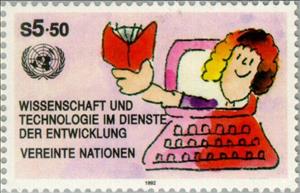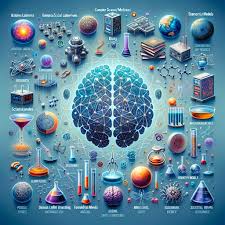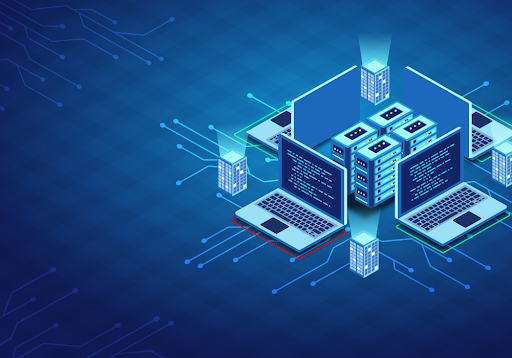Stamp: Development through science and techniks (UNO Vienna 1992)
Development through science and techniks (UNO Vienna 1992)
01 January (UNO Vienna ) within release Development through science and techniks goes into circulation Stamp Development through science and techniks face value 5.50 Austrian schilling
| Stamp Development through science and techniks in catalogues | |
|---|---|
| Michel: | Mi:NT-WN 135 |
Stamp is horizontal format.
Also in the issue Development through science and techniks:
- Stamp - Development through science and techniks face value 5.50;
- Stamp - Development through science and techniks face value 7;
Stamp Development through science and techniks it reflects the thematic directions:
A book is a medium for recording information in the form of writing or images. Books are typically composed of many pages, bound together and protected by a cover. Modern bound books were preceded by many other written mediums, such as the codex and the scroll. The book publishing process is the series of steps involved in their creation and dissemination.
Science is a systematic discipline that builds and organises knowledge in the form of testable hypotheses and predictions about the universe.Modern science is typically divided into two or three major branches: the natural sciences (e.g., physics, chemistry, and biology), which study the physical world; and the behavioural sciences (e.g., economics, psychology, and sociology), which study individuals and societies.The formal sciences (e.g., logic, mathematics, and theoretical computer science), which study formal systems governed by axioms and rules, are sometimes described as being sciences as well; however, they are often regarded as a separate field because they rely on deductive reasoning instead of the scientific method or empirical evidence as their main methodology. Applied sciences are disciplines that use scientific knowledge for practical purposes, such as engineering and medicine
A computer is a machine that can be programmed to automatically carry out sequences of arithmetic or logical operations (computation). Modern digital electronic computers can perform generic sets of operations known as programs. These programs enable computers to perform a wide range of tasks. The term computer system may refer to a nominally complete computer that includes the hardware, operating system, software, and peripheral equipment needed and used for full operation; or to a group of computers that are linked and function together, such as a computer network or computer cluster.
Technology is the application of conceptual knowledge to achieve practical goals, especially in a reproducible way. The word technology can also mean the products resulting from such efforts,including both tangible tools such as utensils or machines, and intangible ones such as software. Technology plays a critical role in science, engineering, and everyday life.




